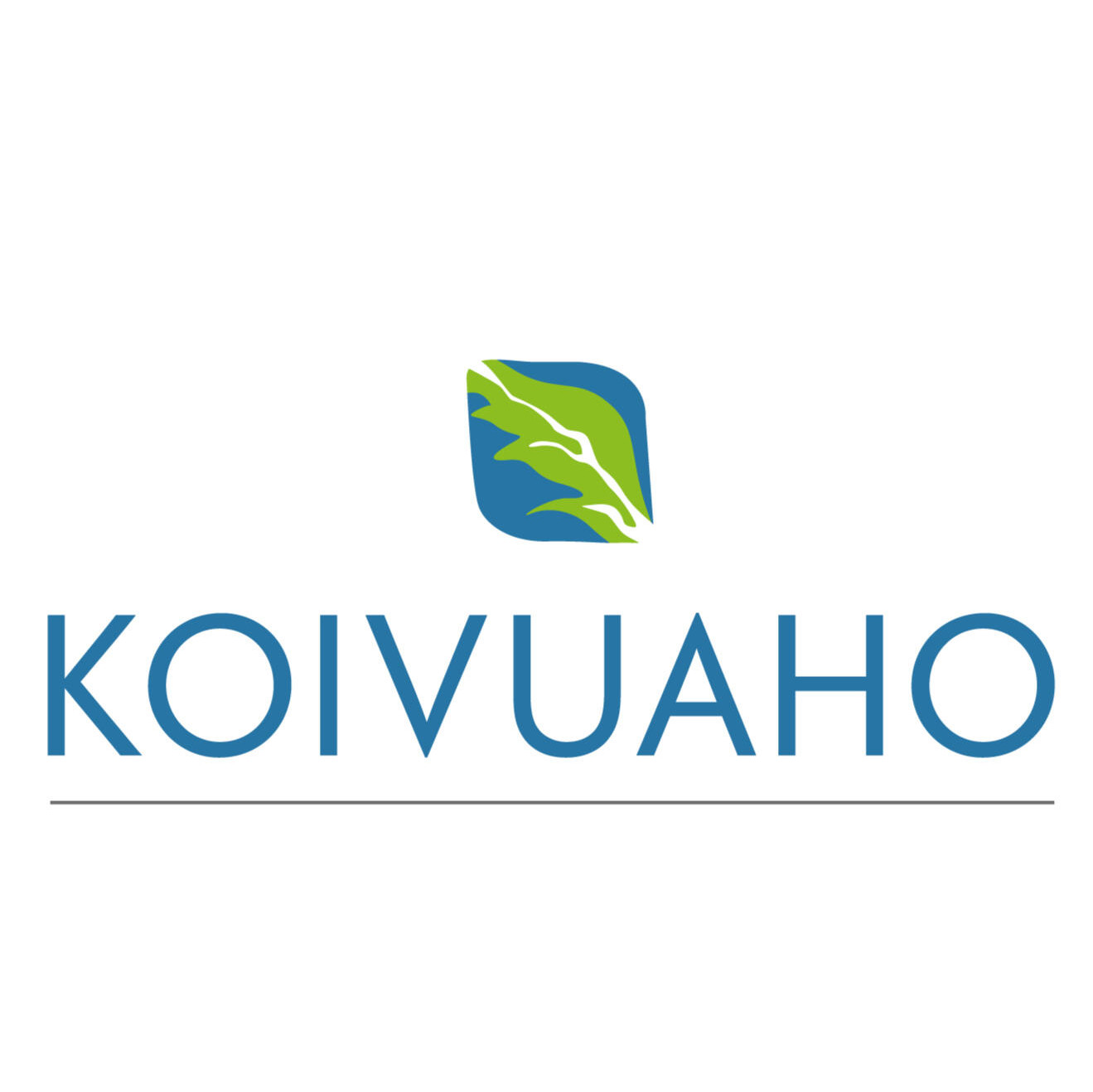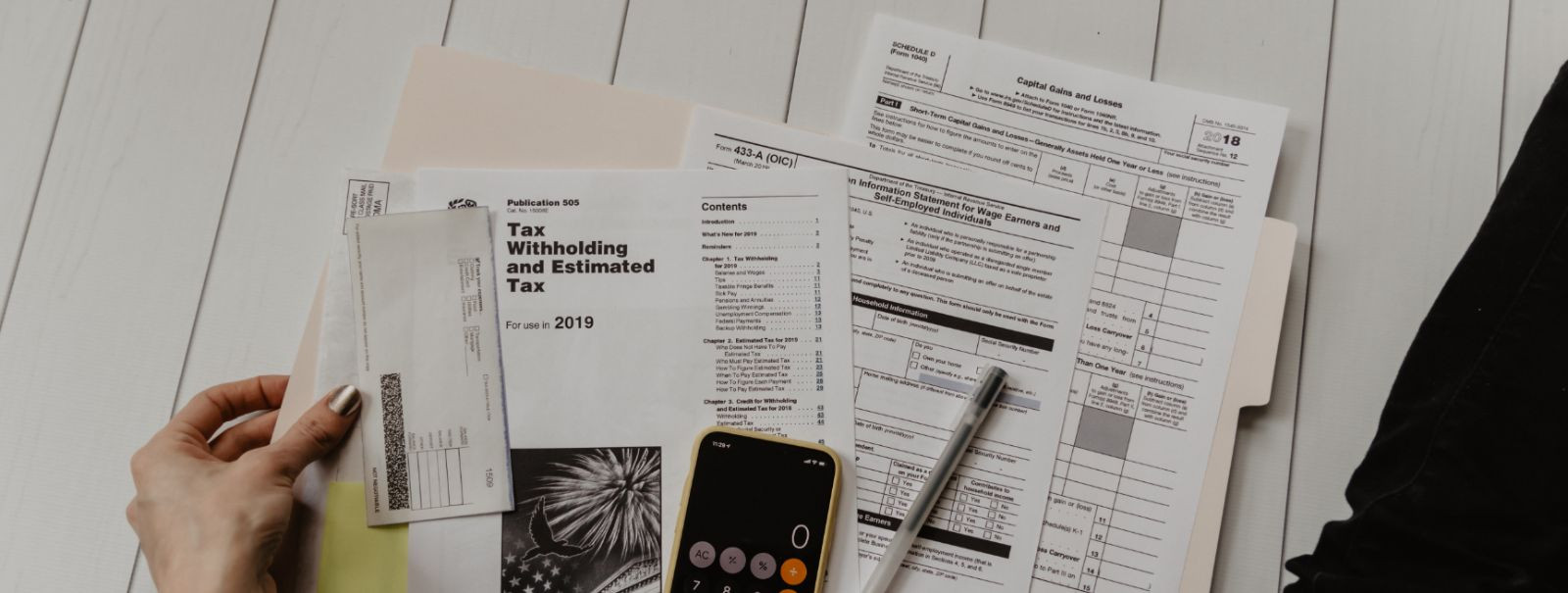Navigating vat in cross-border transactions: a guide
Value Added Tax (VAT) is a consumption tax placed on a product whenever value is added at each stage of the supply chain, from production to the point of sale. The amount of VAT that the user pays is on the cost of the product, less any of the costs of materials used in the product that have already been taxed.
VAT plays a critical role in international trade, affecting the cost and price competitiveness of goods and services. It is a major source of revenue for governments and a key factor in the fiscal policy of any country involved in cross-border commerce.
The European Union has specific thresholds and rates for VAT, which vary from country to country. Understanding these is crucial for businesses engaged in cross-border transactions within the EU.
The Mechanism of VAT in Cross-Border Transactions
When goods are sold between EU member states, the transaction is considered an intra-EU acquisition. The seller does not charge VAT, but the buyer must account for VAT at the applicable rate in their own country.
Goods imported into the EU from a non-EU country are subject to VAT at the time of importation. The rate is determined by the destination country's tax laws.
Goods exported from the EU to non-EU countries are generally exempt from VAT, but it is essential to maintain proper documentation to prove that the goods have left the EU.
The place of supply rules determine where services are taxed. For B2B services, the tax is usually charged where the customer is based, while for B2C, it is where the supplier is established.
Identifying and Applying the Correct VAT Rate
Each EU member state has the autonomy to set its own standard, reduced, and zero VAT rates, which must be identified and applied correctly in cross-border transactions.
Small businesses may benefit from special VAT schemes, such as the small businesses scheme in the EU, which simplifies the VAT process and reduces the administrative burden.
There are various exemptions and exceptions to VAT that businesses should be aware of, including those for certain goods and services, and for small enterprises that fall below the VAT threshold.
Compliance and Documentation
Businesses engaging in cross-border transactions may need to register for VAT in the respective countries of operation, depending on the nature and volume of their transactions.
Accurate record-keeping is essential for VAT compliance, including maintaining detailed invoices and receipts for all transactions.
VAT invoices must comply with the requirements of the country where the VAT is due, and businesses must regularly report their VAT through VAT returns.
Understanding the VAT audit process and being prepared with all necessary documentation can help businesses navigate this potentially daunting aspect of VAT compliance.
VAT Recovery and Refunds
Businesses may be eligible for a VAT refund on goods and services purchased for business use in another EU country, subject to certain conditions.
The process for claiming VAT refunds varies by country but generally involves submitting a VAT refund application to the tax authorities of the country where the VAT was paid.
There are strict time limits for claiming VAT refunds, and businesses must provide supporting documentation to substantiate their claims.
Technology and Tools for VAT Management
Modern accounting software can greatly assist businesses in managing VAT compliance, with features designed to automate VAT calculations and reporting.
Automated tools can help streamline the VAT reporting process, reducing the likelihood of errors and saving time.
Online VAT calculators are a convenient way for businesses to quickly determine the amount of VAT that should be charged or reclaimed on transactions.






Comments (0)